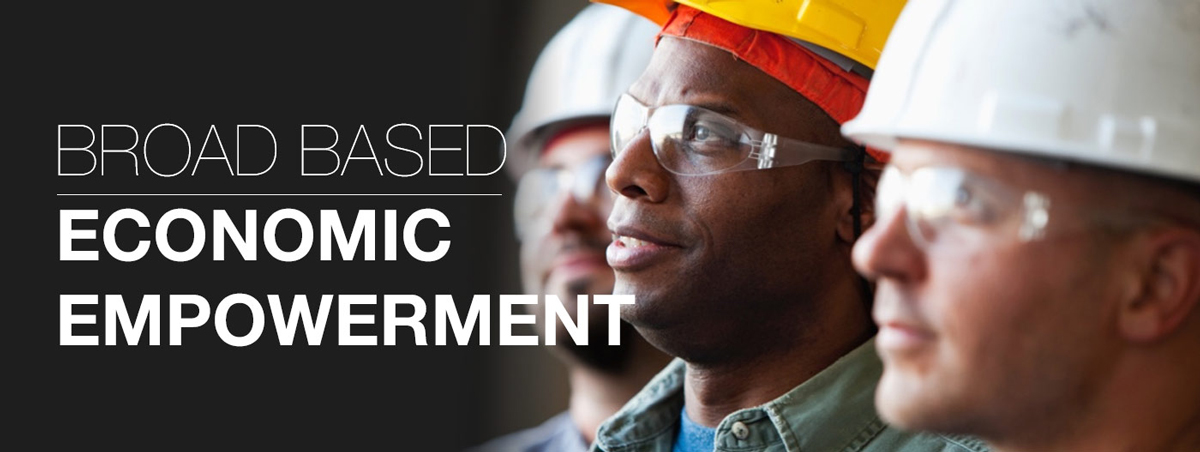By Kazembe Batts IG: @kazbatts
The Democratic Alliance (DA), South Africa’s second largest political party, a partner in a governing coalition with the African National Congress (ANC) since 2024, has introduced legislation to end Broad-Based Black Economic Empowerment, the ANC’s flagship affirmative action program, and replace it with a policy called Economic Inclusion for All.
Thirty years after the end of the apartheid government which favored whites, economic equality between whites, the overwhelming Black majority, and others, has not been achieved. Today 60% of all top management jobs are held by white people although they are only 7% of the population.
Although laws to empower the masses of people have been slow to take effect in society, the DA, and other conservative, status quo forces want to end BEE, seeing it as a threat to the economic dominance of the white minority who are a large part of the party’s membership.
South Africa’s Black majority was exploited under the former apartheid system and even long before that during colonization. Recognizing the need to address this historic oppression, the ANC led government passed legislation in 2023 that initiated a Broad-Based Black Economic Empowerment (BEE) policy.
The policy aims to level the economic playing field and create more opportunities for marginalized people by prioritizing Black (African, Coloured, and Indian people who are citizens) owned or managed businesses for government contracts and procurement. BBE has five elements: ownership, management control, skills development, enterprise and supplier.
In 2024 the Public Procurement Act passed which created a unified framework that incorporates BBE as an important element for national development and transformation.
The new DA “Economic Inclusion for All (EIA)” bill seeks to replace the controversial Black Economic Empowerment (BEE) laws. This would amend the Public Procurement Act. The party says the BEE system is full of corruption, has failed to help most Black people, and only benefitted politically connected individuals.
All references to Broad-Based Black Economic Empowerment would be removed across all legislation if the bill passes.
DA head of policy Mathew Cuthbert rejected comparisons with Trump’s moves to dismantle diversity, equity and inclusion programs in the United States saying “We are not trying to copycat … conservative policies which have been taken in the U.S.” Nonetheless a curious overlap and interplay between conservative, rightwing forces, in the United States and South Africa seems to be emerging on various levels.
The goal of protecting white historical advantage seems similar when analyzing anti-BBE efforts by the DA, and anti-DEI efforts by the Trump administration. Trump is systematically dismantling DEI and affirmative Action.
Three of his Executive Orders 1) terminate diversity, equity, and inclusion offices, positions, and programs in federal government 2) terminate equity-related grants and contracts and 3) repeal prior executive orders designed to ensure equal opportunity in the workplace. This directly negatively impacts the potential for Black economic development.
Whether disrespecting South African President Cyril Ramphosa at the White House, giving unelected South African Elon Musk budget cutting authority thru DOGE, expelling former South African Ambassador to the USA Ebrahim Rasool, or sending a charter flight to bring 49 Afrikaners “refugees” to America, President Trump has shown an affinity for the “white” perspective in South Africa.
Although DA leaders have denied it, could the Democratic Alliance of South Africa be using the playbook of the current American administration to protect white privilege, business and power. If the white world is networking and supporting each other geopolitically and economically then what should readers interested in global Black empowerment, including economically, do?
Through unity we must force government to serve our economic and material needs. For many Pan-Africanist Black Solidarity is more than one day. Black Solidarity is a permanent state of being that promotes our development, including economically. Whether in Bed-Stuy, Haiti, South Africa or the USA.
